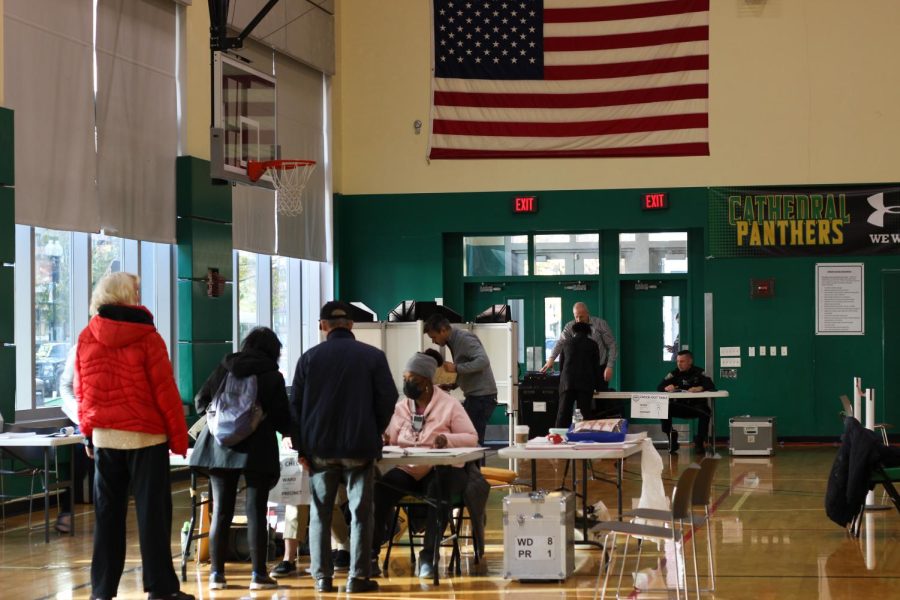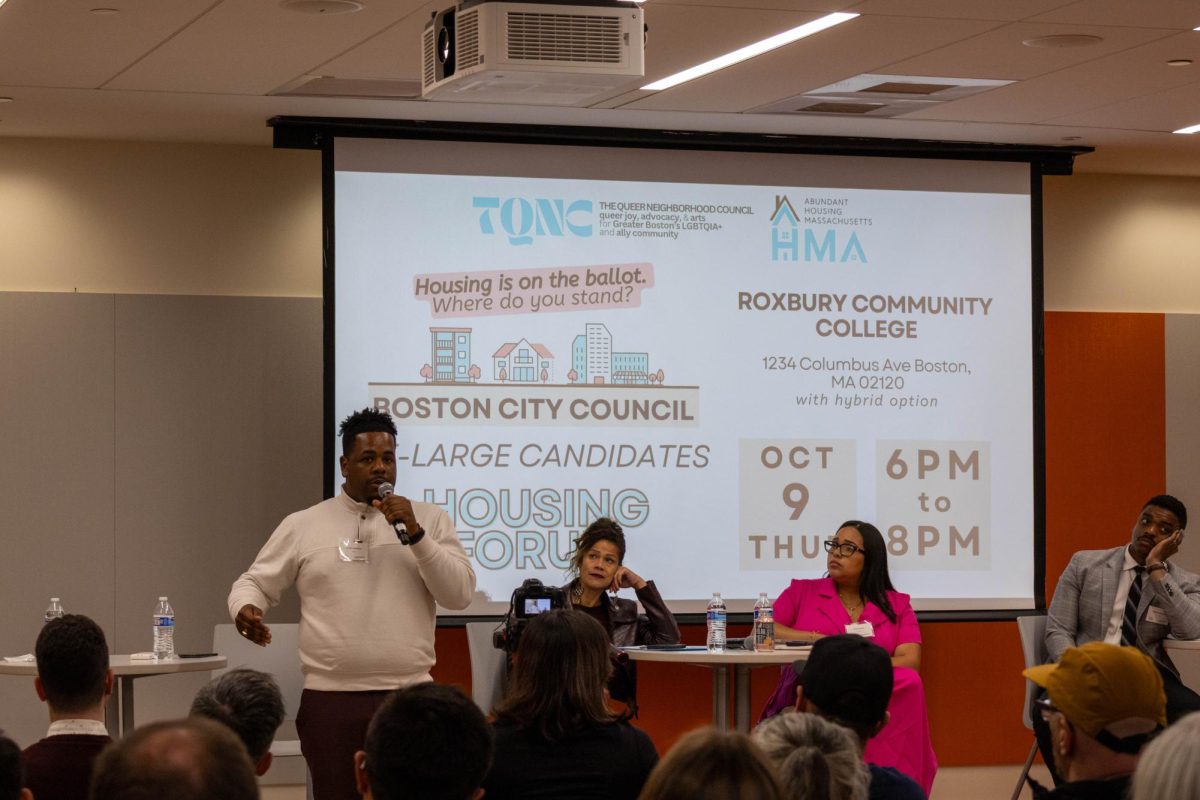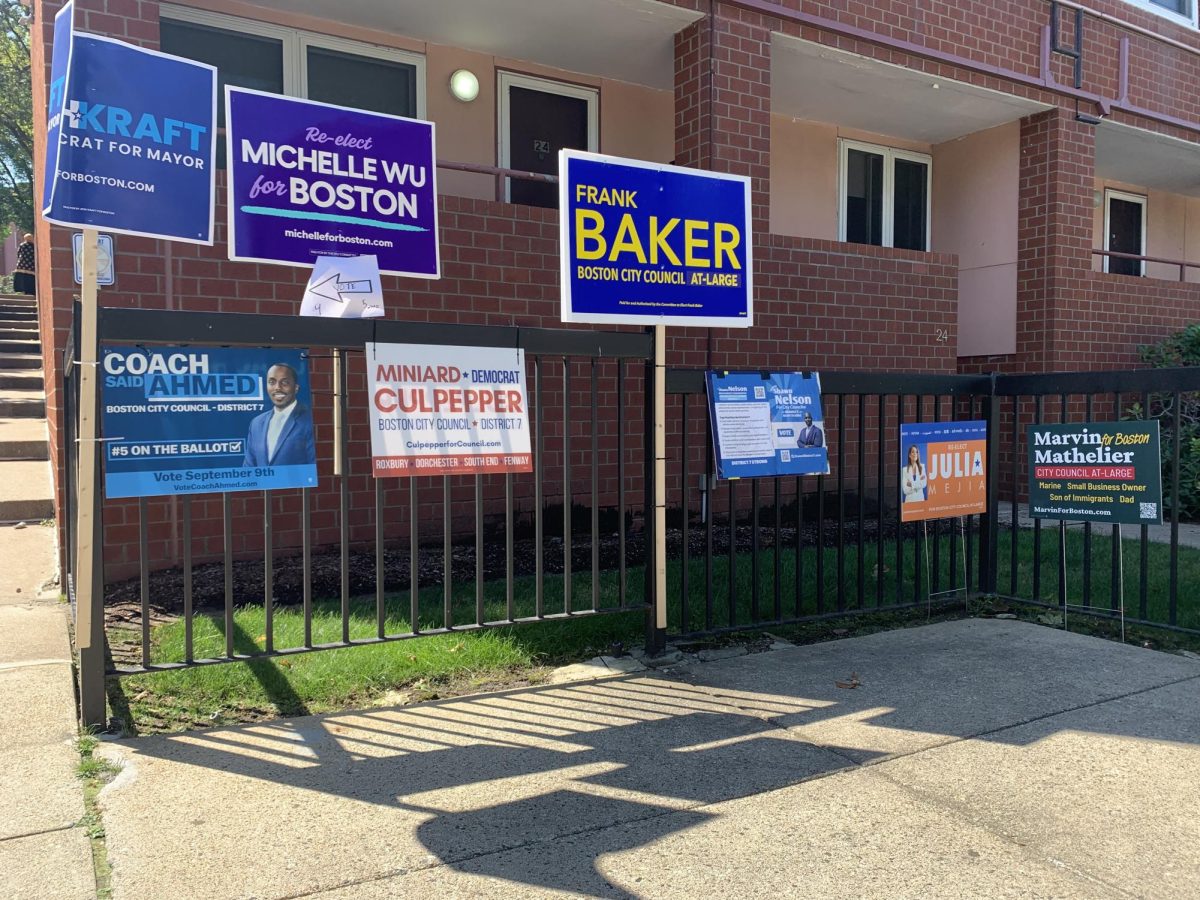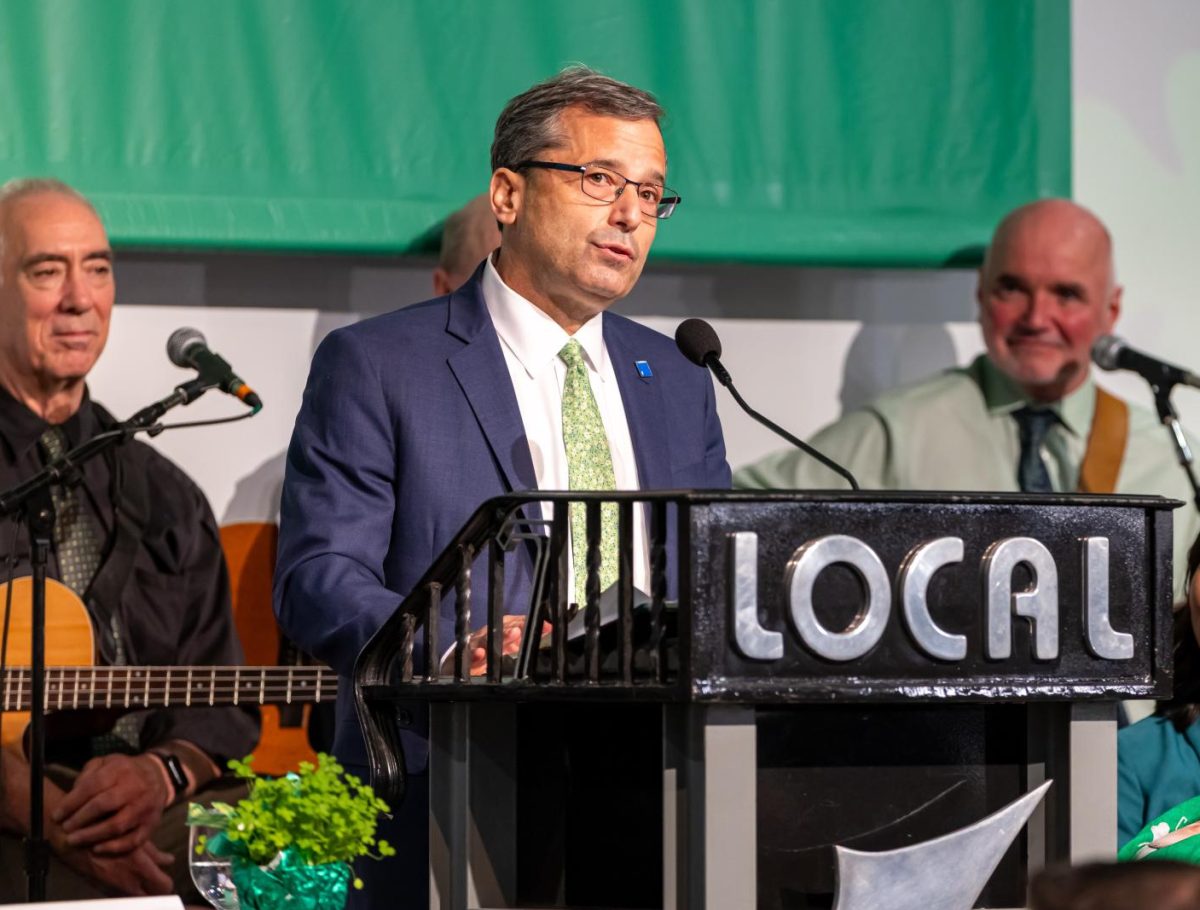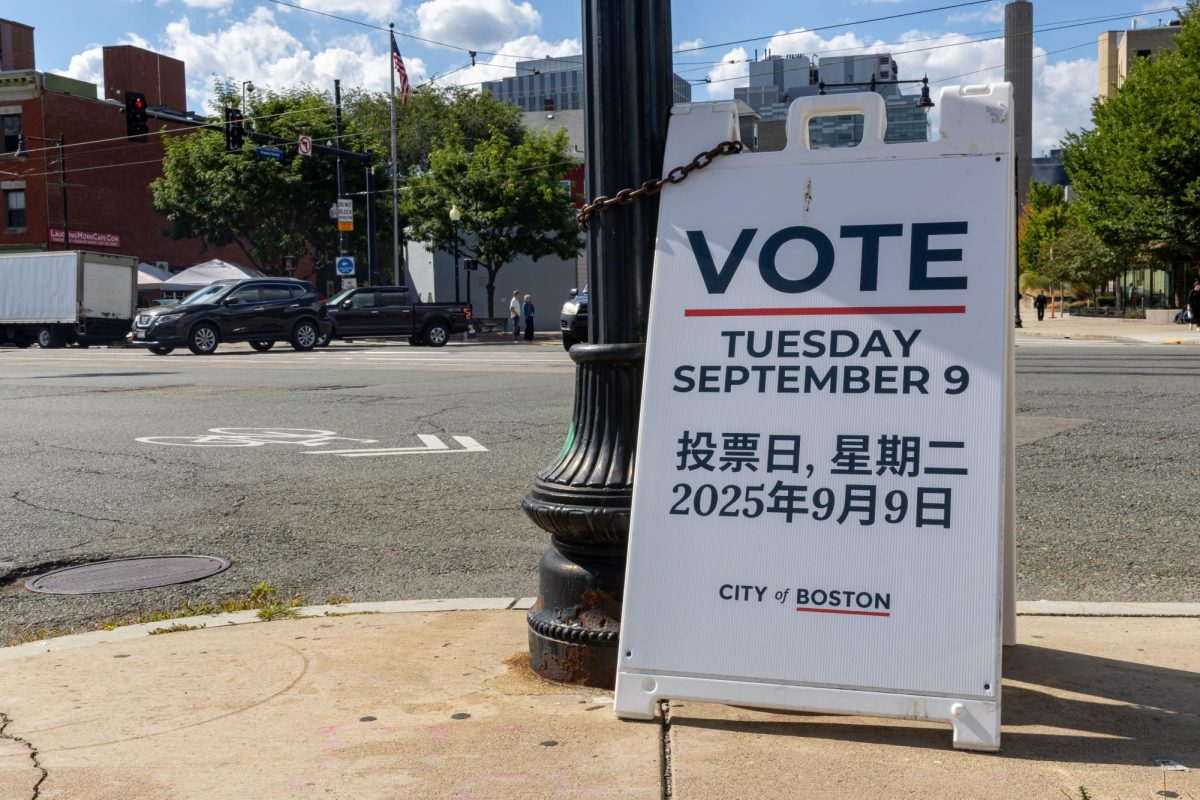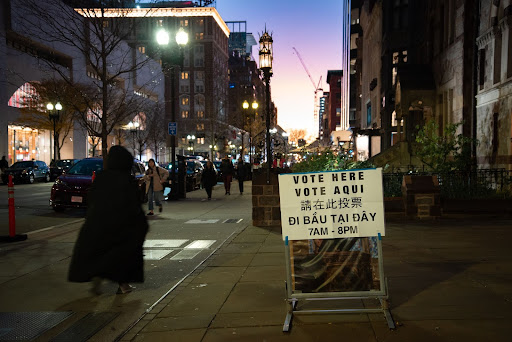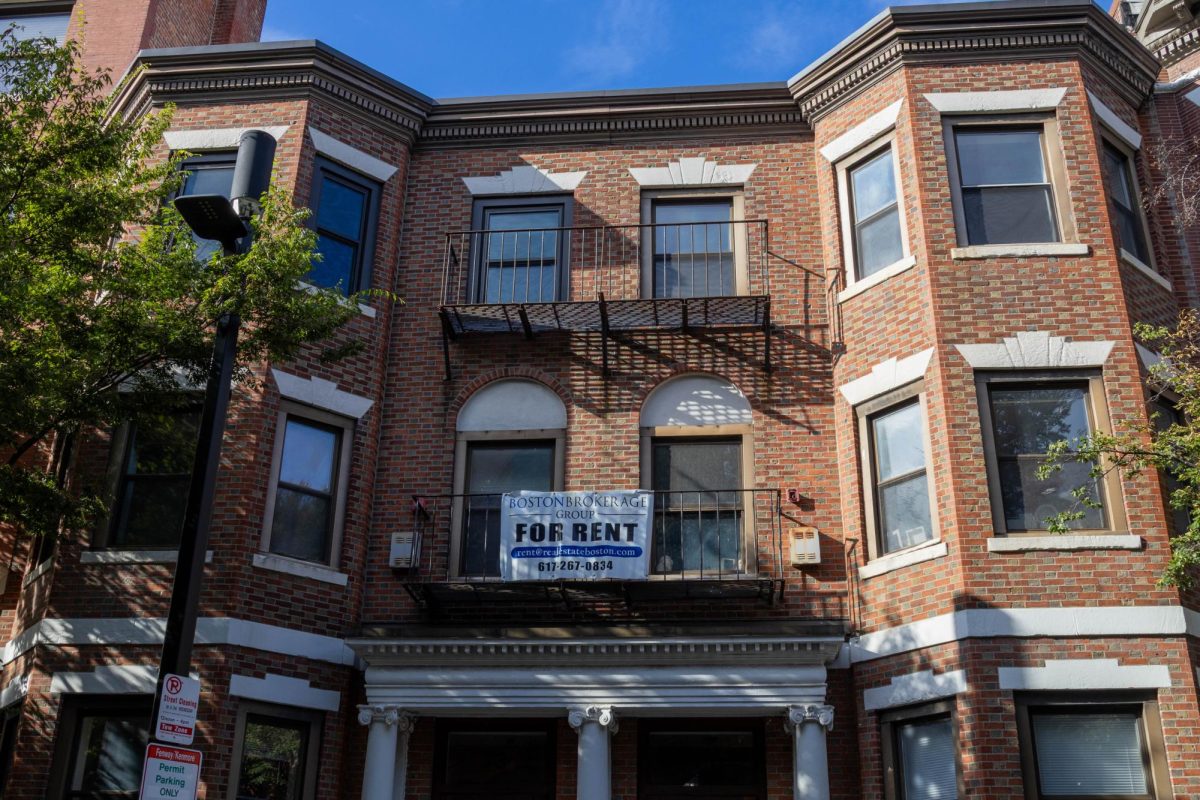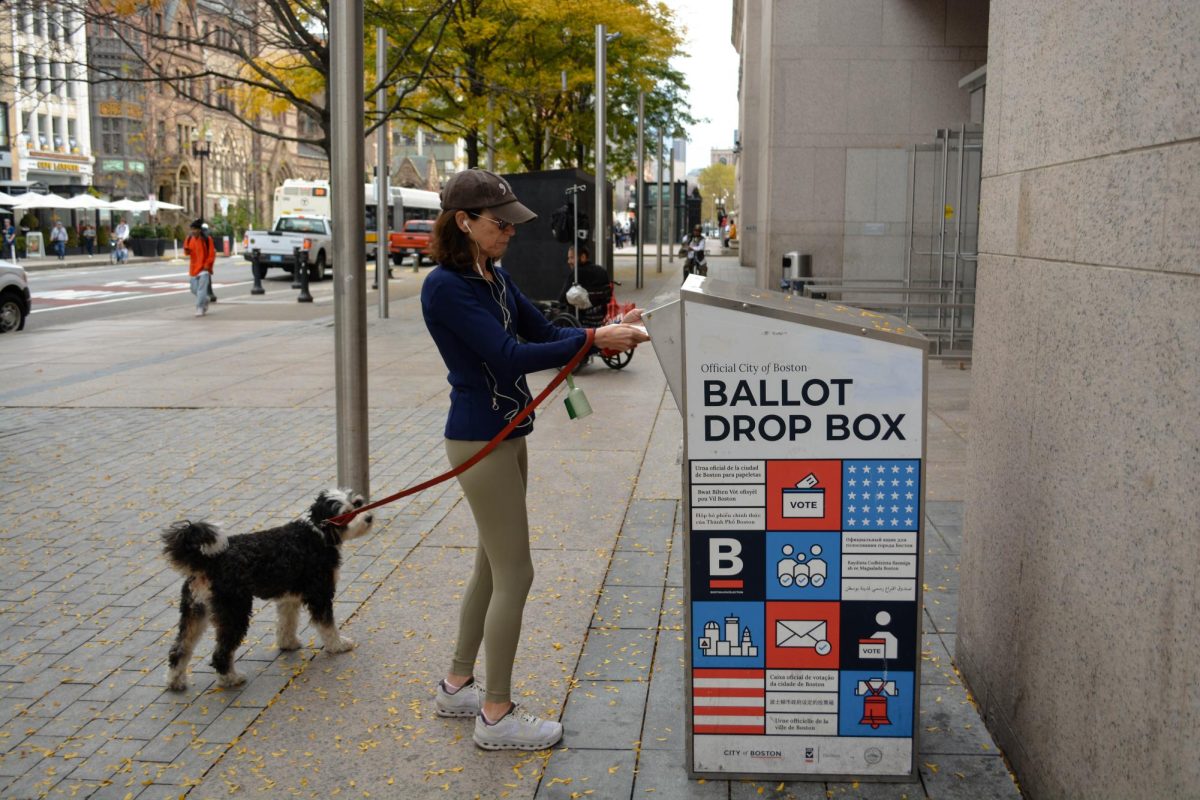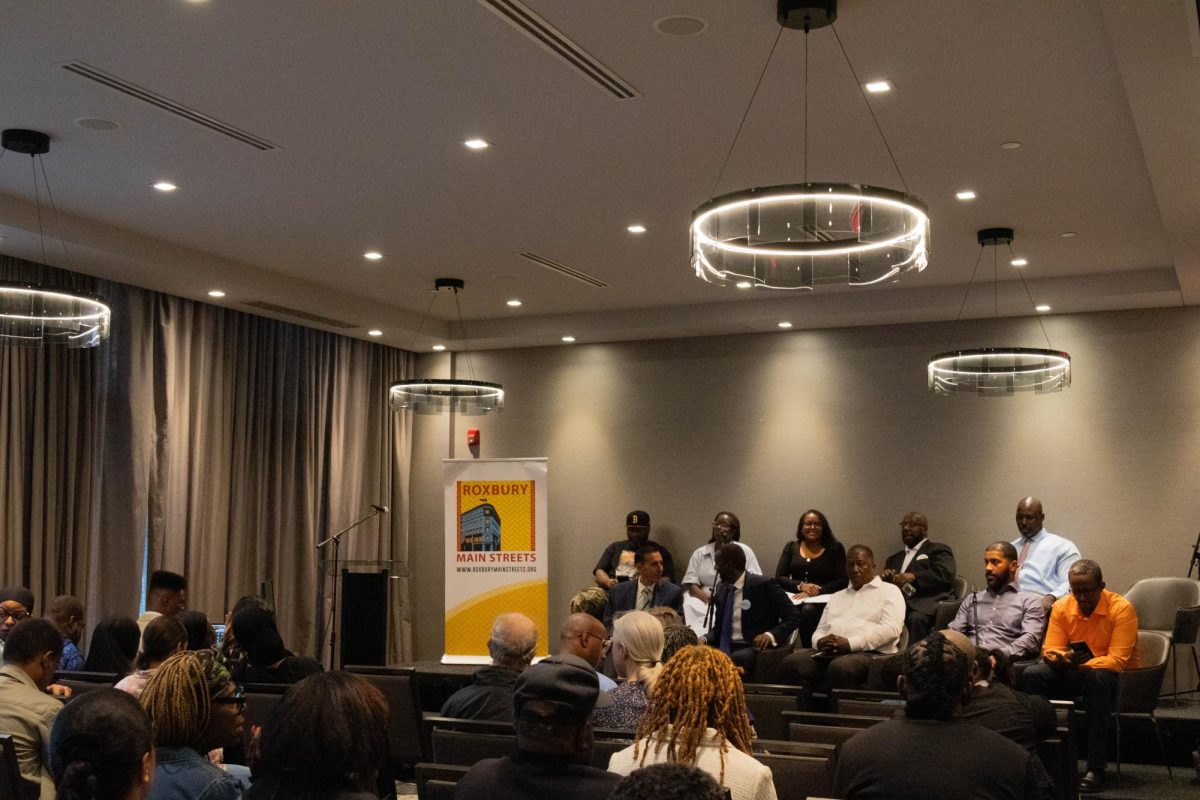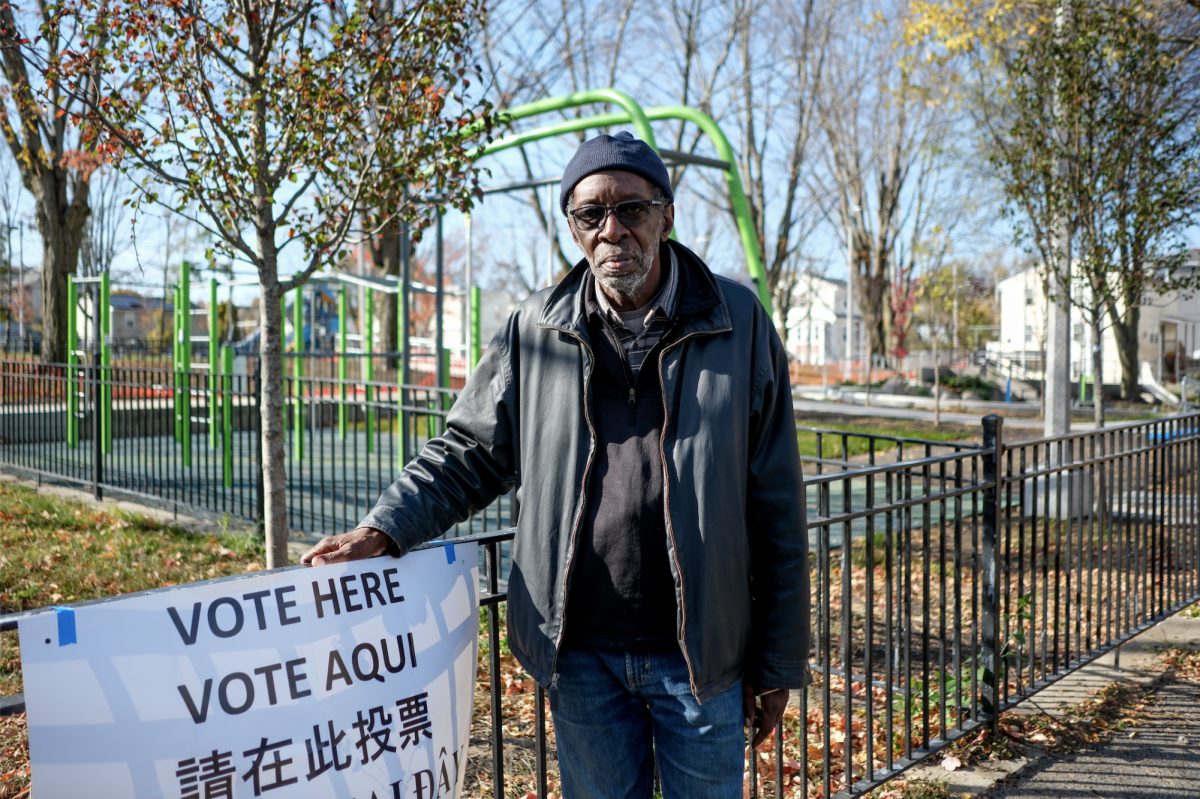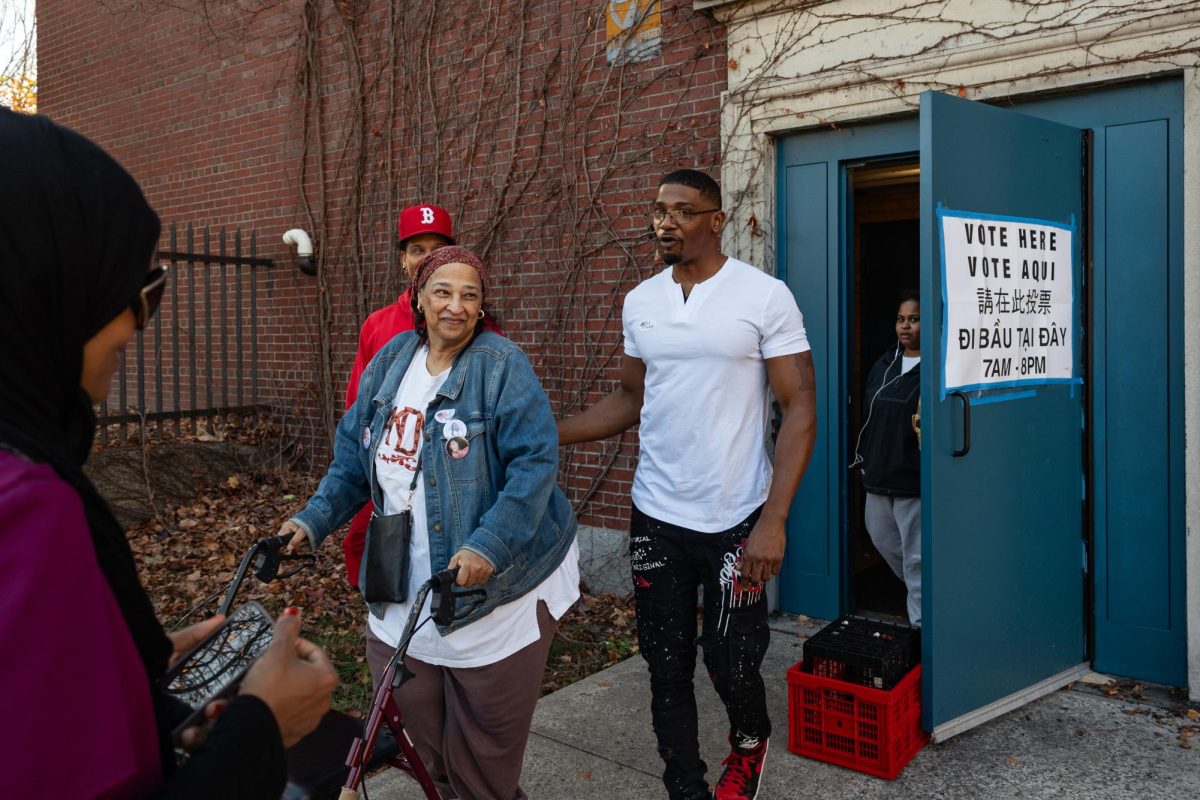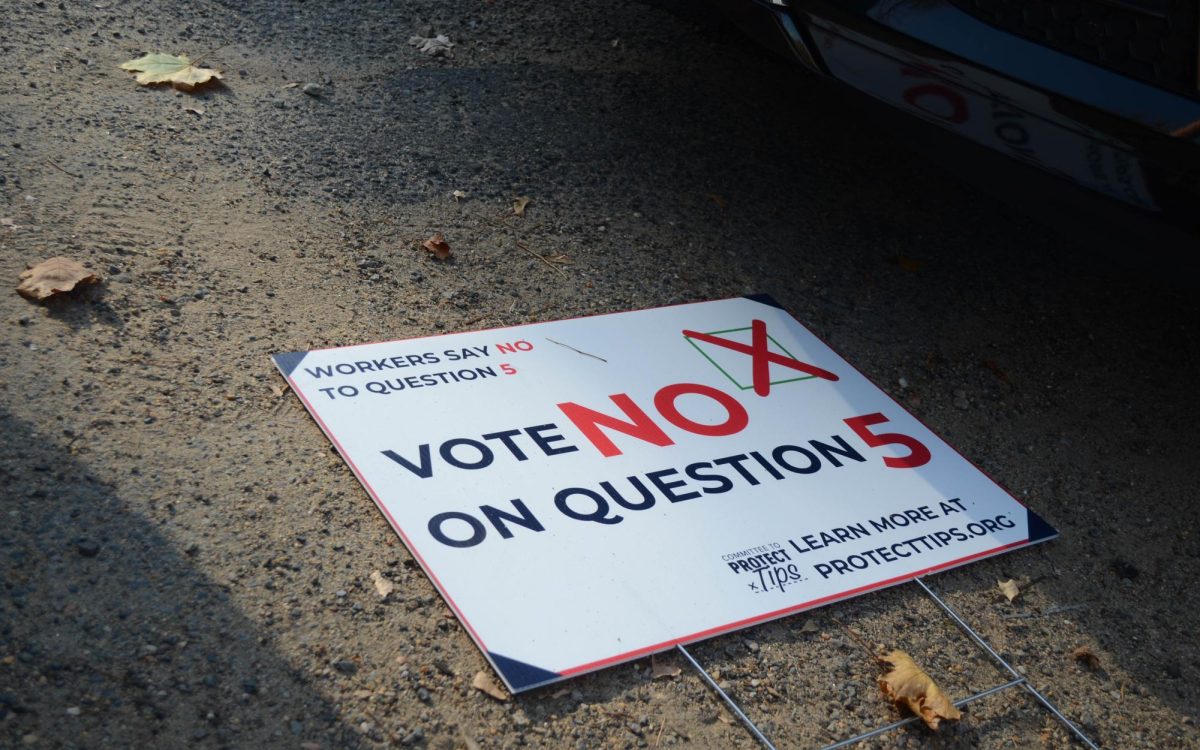Please tell our readers at The Scope a bit about yourself.
Thirty years ago, Said Abdirahman Abdikarim was known in District 7 as “the kid with the long name.” Later, he became known as “the orange shirt man,” a nickname tied to the first shirt he received upon being resettled in Boston by Catholic Charities, and a symbol of the opportunity and hope he found in this community.
For nearly a decade, Abdikarim has been a tireless advocate for affordable housing, equitable education, thriving small businesses, vibrant community spaces, and social and environmental justice, fighting to secure a better quality of life across District 7.
A proud 30-year Bostonian, BPS father, former student, husband, and the eldest of ten siblings, Abdikarim was shaped by the hardship of growing up in four Boston public housing developments and witnessing friends lost to gun violence and substance abuse. Despite these challenges, he found strength in community centers, parks, and moments of refuge with mentors. At 13, he began selling newspapers to support his family, sacrificing parts of his education to carry the weight of responsibility in a single-income household.
He champions the voices of those too often unheard, with a record that speaks for itself: securing $643,000 in federal funding to support Black- and Brown-owned businesses, advancing the development of 150 affordable homes through the Welcome Home Boston initiative, and advocating for summer learning programs that have reached over 18,000 students.
Recognized with the Transformative Leadership Award, Abdikarim brings deep experience in nonprofit leadership, a commitment to justice in all its forms – mental, social, economic, and environmental – and has served in leadership roles at Harvard University and beyond.
He and his wife of 20 years are raising their children in District 7, where they remain deeply rooted in the fight for a more just, more united, and more compassionate future.
Why did you decide to run for Boston City Council?
I've invested over three decades in District 7, raising children amid under-resourced schools, housing crisis, heat islands, and neighborhoods fractured by violence due to systemic disinvestments.
I've buried friends lost to gun violence, stood with grieving mothers, and navigated systems that treat us like we don't belong, even when we're building the very fabric of this city.
I bring a proven record of service rooted in equity, breaking through systemic barriers in housing, education, and economic opportunity, and working to restore trust where institutions have failed.
I'm running because our neighborhoods deserve real investment and real representation. We're dealing with rising rents, underfunded schools, and a lack of access to mental health care and basic city services. I believe our community has the answers; we need someone in office with independent leadership, who will listen, show up, and fight alongside us. I'm not here to speak for people; I want to govern with them and bring our collective voices to City Hall.
What is the biggest issue facing the City of Boston right now?
Systemic housing crisis.
Housing has been an issue in Boston for years now. What role should the City Council play in addressing it?
My family immigrated to Boston nearly thirty years ago, living in four public housing developments. I witnessed firsthand the perseverance of low-income families as they fought to build a life in this city.
Today, Boston has some of the highest rental prices in the country, with a median rent of nearly $4,000, and one-bedroom apartments averaging $2,800. Families in District 7 are being pushed out, forced to spend roughly half their income to stay housed. This is not sustainable, and it is not just.
As your city councilor, I will champion targeted, evidence-based policies to reverse displacement and protect working-class communities. This includes creating a Citywide Anti-Displacement Overlay Zone to trigger affordability requirements and tenant protections in high-displacement neighborhoods; tying all new development to deep affordability benchmarks based on Boston’s neighborhood-level median income, not HUD’s inflated regional AMI; expanding the City’s Acquisition Opportunity Program to help nonprofits purchase occupied rental buildings before private investors do; and enforcing mandatory affordability through strengthened inclusionary zoning, raising the required affordability percentage and lowering the income thresholds.
I will also work regionally to implement a Metro Boston Housing Compact, which requires suburban towns to meet fair-share affordable housing goals and unlock state-level support for rent stabilization and social housing development.
We cannot piecemeal our way out of a crisis this deep. It’s time for bold structural change, because everyone deserves the right to remain.
What is your top priority when it comes to transportation in the city?
We must expand reliable, affordable, and free transportation options, especially buses. It is imperative to reduce carbon emissions through the development of sustainable infrastructure. Additionally, we demand greater transparency and accountability in all city services.
Should the City Council take steps to address ethical concerns? Why or why not?
It is essential to take action to address ethical concerns, as transparency and accountability are vital for building public trust.


